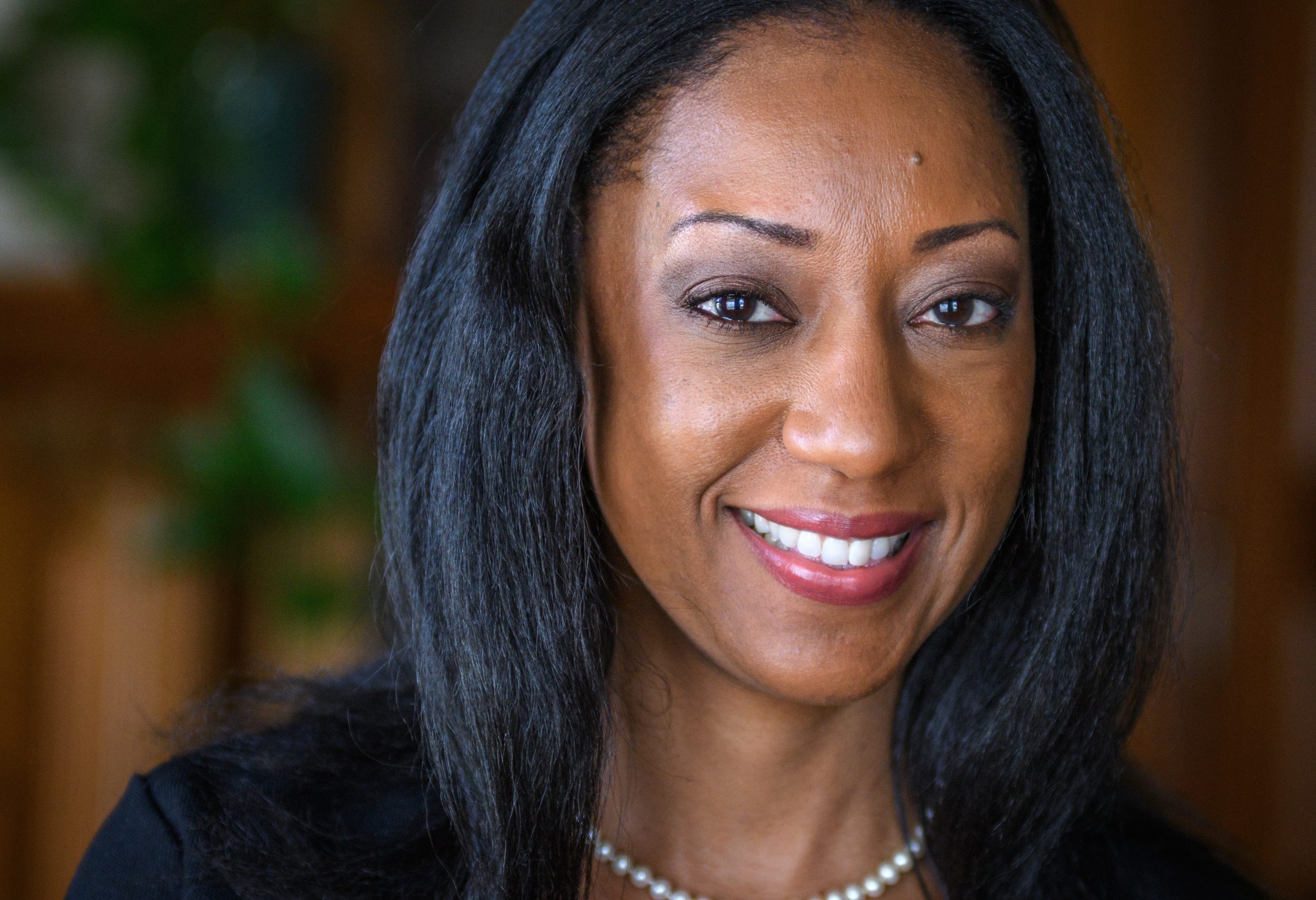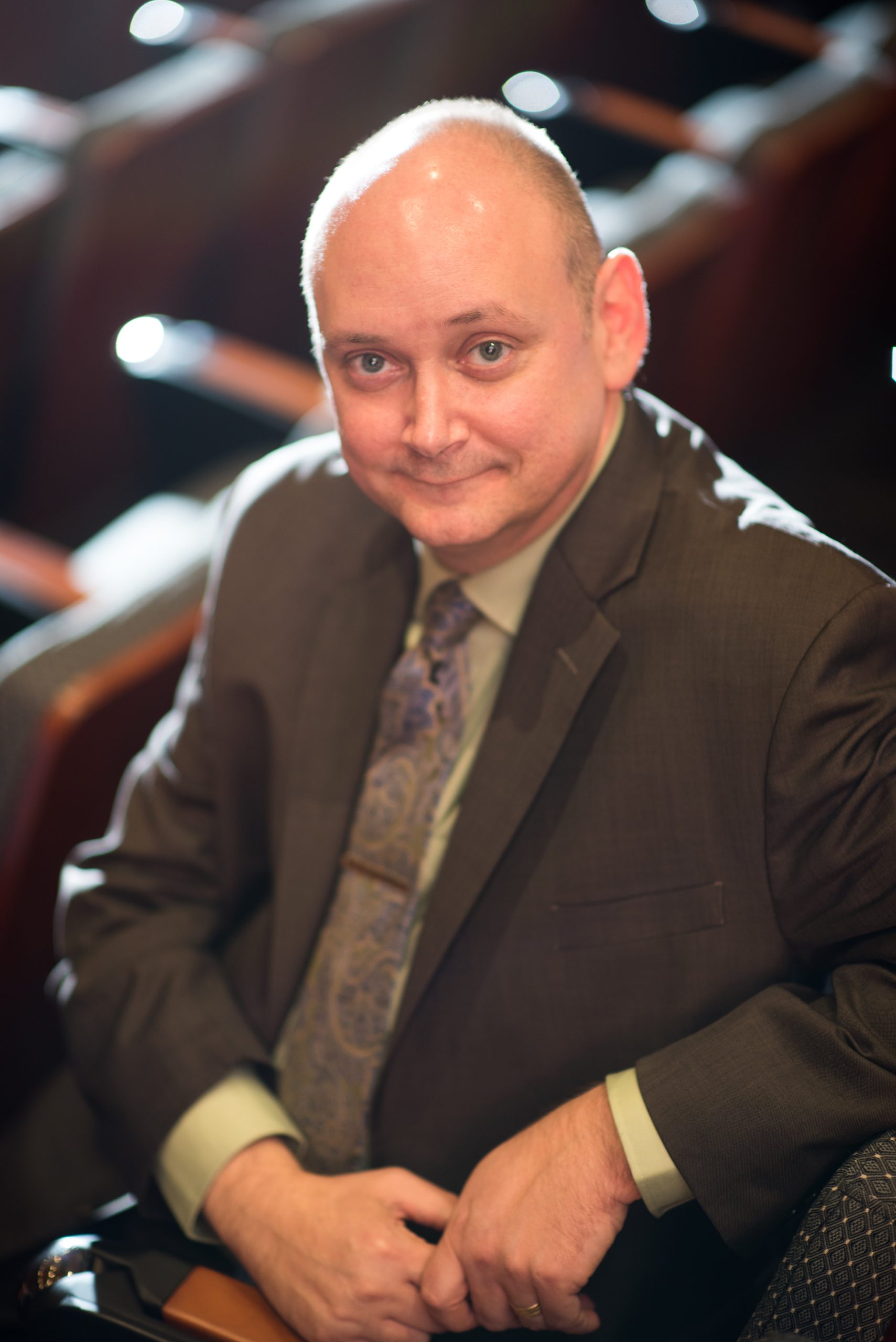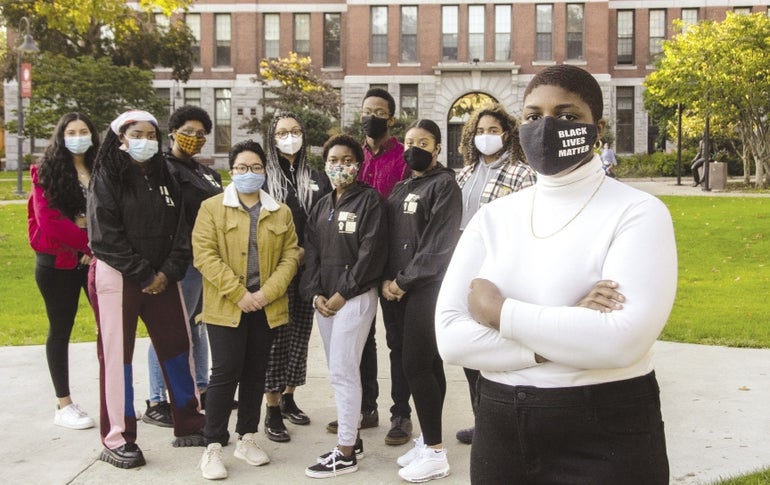More than four months have passed since Minneapolis police officers killed George Floyd, prompting renewed attention to the Black Lives Matter racial justice movement and impelling companies and communities of all kinds to release statements of solidarity.
Get Instant Access to This Article
Subscribe to Worcester Business Journal and get immediate access to all of our subscriber-only content and much more.
- Critical Central Massachusetts business news updated daily.
- Immediate access to all subscriber-only content on our website.
- Bi-weekly print or digital editions of our award-winning publication.
- Special bonus issues like the WBJ Book of Lists.
- Exclusive ticket prize draws for our in-person events.
Click here to purchase a paywall bypass link for this article.
More than four months have passed since Minneapolis police officers killed George Floyd, prompting renewed attention to the Black Lives Matter racial justice movement and impelling companies and communities of all kinds, including many of the region’s colleges, to release statements of solidarity, hire diversity officers and vow to make racial equity a priority in their daily operations. A third of the year later, what has changed?
College of the Holy Cross in Worcester, for example, released a 40-point anti-racism plan in June, including providing funding for faculty to revise courses centered around race. The school plans to implement a required human resources orientation program for all new staff and pursue a social justice learning requirement for students.
Of the varied Worcester colleges responses this summer, the most attention has fallen on Clark University. The school drew headlines when it announced in June it would stop hiring Worcester Police Department officers as campus detail following an altercation between Clark students and the WPD during a BLM protest on June 1. The announcement elicited cheers from those aligned with BLM and sparked criticism from the movements’ opponents.
But while Clark delved head-first into discourse around police brutality and committed to new anti-racism training for staff and students, further unfulfilled demands put forth by Clark’s Black Student Union – centered around directly addressing on-campus racism and overhauling the college’s culture – illustrate how a summer filled with steps toward racial equity are a long way from comprehensively addressing the deep-rooted issues surrounding racism.
“Within the community, there are people who are invested, and there are people who see the problems, and on all levels, throughout the power structure,” said BSU President Ahiela Watson, a Clark student and psychology major. “But something on the administrative level is sincerely not connecting.”
Clark’s anti-racism efforts
In response to the calls for racial justice, Clark put forth a number of programs detailed by Associate Provost and Dean of Faculty Esther Jones, according to Clark spokeswoman Angela Bazydlo.

The programs included a faculty anti-racist reading group, and faculty participating in a workshop called Understanding Unconscious Bias in the Classroom, led by Michael Vidal, director for diversity and inclusive excellence at Clark. That program was sponsored by the university’s School of Professional Studies and The Center for Excellence in Teaching & Learning.
Separately, CETL established an anti-racist pedagogy resource center, which features anti-racist pedagogical resources for faculty, including theories, concepts, practices and tools.
Clark’s Center for Gender, Race and Area Studies plans to form faculty inquiry groups aimed at decolonizing curriculum. Through these groups, faculty will learn about anti-racist pedagogy, examine their existing pedagogy and adopt new teaching practices, said Jones, who added this work will formalize grassroots faculty discussion groups that gathered over the summer.
Diversity and inclusion classes are being developed, and the faculty steering committee will take care to focus on diversity, equity and inclusion this year, according to Jones.
The school’s Office of Diversity and Inclusion has partnered with the National Conference for Community and Justice to deliver anti-racism programs for academic, administrative and staff leadership, as well as the faculty steering committee, Bazydlo said. All senior leadership at the school have committed to attending a two-day anti-racism program. Faculty, staff and graduate students are encouraged to pursue the school’s Diversity and Inclusion Certificate, she said, although it isn't required.
For Clark’s Black Student Union, the college needs to move beyond encouraging these efforts and require them for all students, faculty, staff and administration, said Watson
“I've been told specifically… that the options have been given to take it or not, to take these courses, or not, on anti-racist training, which defeats the purpose,” Watson said. “And that's not even to say that anti-racist training is going to make a racist person anti-racist.”
Clark’s Black Student Union demands
A week after George Floyd’s death, on June 4, Clark’s BSU, which has been around since 1945, released a list of demands for the university, outlining grievances it says has gone unaddressed since 1969, when their predecessors sent their own list to the school’s administration.
"Like many Black students who have walked the halls of this campus before us, we are outraged and remain unheard and unseen by Clark University,” BSU wrote in its June 4 letter.
Among other demands, BSU asked Clark to completely sever ties with the WPD; asked for all campus employees to undergo mandatory semi-annual anti-racism training; to have a Black member of the school's community participate in the search for a new campus police chief; for all reports of racism to undergo a full investigation; and more Black mental health practitioners be hired to serve students.
“Whether Clark realizes this or not, our vision is Black Liberation; our vision is the Black Lives Matter Movement, our vision is Civil Rights,” the union wrote in another July 28 open letter. “We will not be convinced that our needs are radical or unattainable by any means.”
Clark declined to comment on the BSU’s list of demands.
Although released in the days following Floyd’s murder, and in the midst of nationwide protests, Watson said conversations between Clark administration and the BSU have been ongoing for years, morphing as BSU members matriculate and graduate. The most recent round of conversations began last fall, with former university president David Angel, who stepped down at the end of the last academic year and has since been replaced by David Fithian, a former executive vice president at the University of Chicago.
After those conversations, which emphasized a request for designated multicultural housing options, eventually fizzled out, Watson said, the BSU slightly altered what would become its June 4 list, clarifying requests to cut ties with the WPD, as well as to disarm campus police. The university responded to those demands internally, Watson said, in lengthy emails over the summer and in September.
“And nonetheless, it was academic jargon,” Watson said, adding the administration has received letters supporting BSU’s demands from students, faculty and alumni.
As the BSU and its ally organizations, including Clark’s student government and other multicultural groups, tussle with the university, the union has taken additional steps to draw attention to its demands, as well as highlight incidents of overt and covert racism on-campus.
BSU has launched a #NotYourToken campaign, wherein students of color individually request the university remove any image of them used in the school’s marketing materials, which Watson said has so far been fruitful, as well as supported an Instagram account called @blackatclarku, which documents stories of racism submitted by members of the Clark community. The anonymous stories featured on the Instagram account run the gamut from white students using the n-word to and comparing Black students to racist tropes like Aunt Jemima, to students of color being asked to translate Ebonics.
Elsewhere in Worcester
While Clark’s battles were more public, other Worcester private colleges had varying responses to Floyd’s killing. Holy Cross had its 40-point plan and it – along with Worcester Polytechnic Institute – explicitly endorsed the Black Lives Matter organization. Assumption University, like Clark, did not endorse Black Lives Matter but denounced racism and vowed to fight against it.
In a June faculty forum, Assumption Provost and Academic Vice President Greg Weiner said confronting issues in a contemporary, rather than transcendent sense, misconceived the role of educators and undermined the promise of Catholic liberal arts education, according to an excerpt of a transcript of the remarks provided by the school.

“We are an institution whose explicit and specific purpose is to form students educationally, not to form our society as a whole or respond to events in it,” Weiner said.
In an interview for this story, Weiner reiterated that stance. When asked whether classroom policies have changed in response to Black Lives Matter and related activism, he said the most important policy in Assumption’s classrooms “is open inquiry and a robust exchange of ideas framed by the principles of Catholic liberal education.”
“That involves welcoming diverse points of view on all kinds of ideas. It requires us to challenge each other, and ourselves.” he said. “It also requires us to transcend immediate controversies.”

